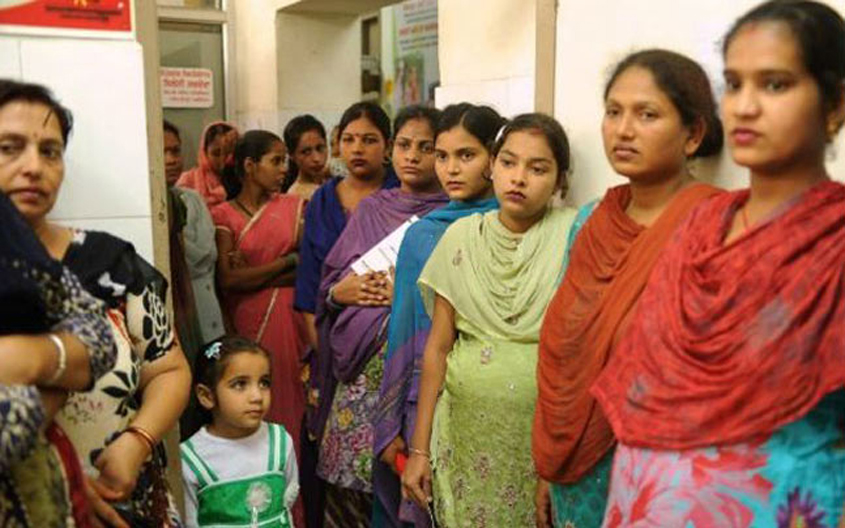Many women applying for maternity leave have to often face “discrimination” in the companies employing them. Anita (name changed) learnt this reality the hard way.
In her late 20s, Anita had been working for a public relations agency based in Netaji Subhash Place for the last 2-3 years. But the “good news” turned into “bad news” for her family after she applied for maternity leave, making her first pregnancy public.
Anita said, “My doctor had advised me to take extra precaution in my first trimester after diagnosing some complications. Accordingly, I applied for maternity leave and requested my boss to let me work from home for the next 2-3 months. At the time, they allowed me to work from home, but did not sanction my maternity leave. In December and January, I met all my deadlines and gave all the work I was assigned. I have all the emails and text messages that prove that though I was working from home, I had not compromised with my work at all. When I told my boss that I can come back to office February onwards, they told me that they are letting me go because they are not satisfied with my performance. They didn’t give me two months’ salary either.”
In the spirit of giving teeth to Article 42 of the Indian Constitution, the Maternity Benefits Act, 1961 (MBA) was enacted with respect to employment of pregnant women in establishments and to provide for maternity and related benefits. The MBA protects women from dismissal while on maternity leave. Recently, Government of India made progressive amendments to the Maternity Benefits Act, 1961 by increasing maternity full-pay leave for women working in the private and public sectors from 12 weeks to 26 weeks.
Anita said, “I come from a service-class family. I and my husband both have full-time jobs. This pregnancy was unplanned, but now that I am having a child, I can’t turn away from it for the fear of losing my job. I needed money at the time to cover my treatment expenses which is why I had to settle for Rs 27,000 which were given to me only after I agreed to sign on a paper that said I worked for the company only till 31 December. I was drawing Rs 37,000 a month and there was an overdue of another Rs 5,000 that the company still had to pay me. Ask anyone in my company, there were other employees whose work average were lower than me, but were drawing higher salaries. My boss told me that they were also planning to cut on their expenses; so letting me go made sense to them.”
According to a 2013 World Bank study, only 27% of the female population aged over 15 is working in India. This is the lowest rate of women’s participation in any workforce among the Brics (Brazil, Russia, India, China and South Africa) countries, with the highest in China at 64%. A 2015 survey of 1,000 women working in Delhi and its neighbouring areas found that only 18-34% of married women continued working after having a child. However, women’s rights activists point out that unequal labour practices reach another dimension if women working in the informal sector, too, are taken into account.
Sahil Ahluwalia, a human resource consultant based in Delhi, said, “Often pregnant women are not seen as long-term assets by firms. It is expected that they will leave eventually after giving birth to their child. Maternity leave also gets in the way of promotions for women since promotions are based on performance and maternity leave period is largely ‘evaluated’ as zero work. There are hardly any companies who provide incentives to sustain pregnant women or nursing mothers. Sometimes, there can be genuine financial trouble in the firm that restricts them from paying an employee months’ long salary without getting any work done.”
Other important features of the law include provisions for working from home (if the organisation opts for it) for nursing mothers even beyond the 26-week maternity leave period, as well as the setting up of crèches with nursing breaks for women with small children. The Planning Commission’s working group which was asked to review the Maternity Benefit Act 1961 asked the government to incorporate a clause in the Act, saying, “No woman should be discharged from service during the period of pregnancy on any pretext.” However, several loopholes in the law do not provide clarity.

